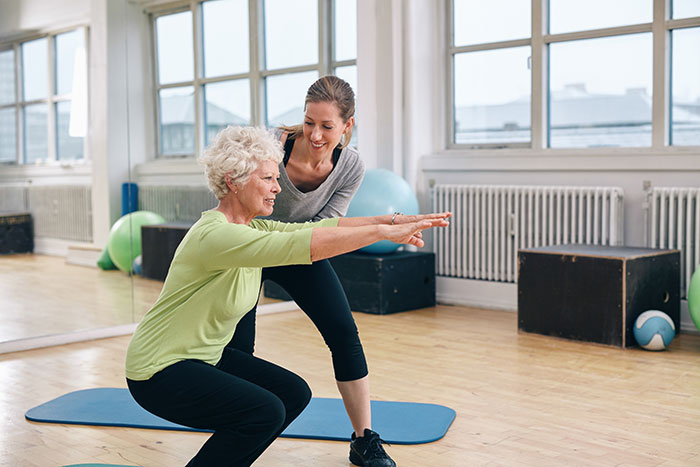Some types of yoga can be used to maintain physical fitness, but when it comes to the overall goal of yoga, it is more focused on improving and maintaining mental health and stability. There are studies revealing its holistic impact through the mind-body connection. Here are five reasons why yoga can help reduce anxiety and provide you with stress relief:
Yoga Allows You to Let Go of Negative Energy
Often stress arises from an overload of emotions, such as guilt, anger, and fear. When an emotional buildup creates pressure, we may find ourselves snapping at everyone around us. Yoga allows us to release that negative energy easily. The best poses for releasing negative energy are ones that focus on where your negative energy is stored, which is typically in the shoulders and hips.
Yoga Strengthens the Mind-Body Connection
Simplicity and balance come naturally when the body and mind are connected. When we experience stress or anxiety, our body generates specific chemicals which creates an imbalance in the body. Being responsive to these signals reducing your stress levels is essential to wellness. A primary lesson of yoga is to be present in the moment and focused on the body.
Yoga Forces You to Focus on Your Breathing
Extreme stress is exemplified by an anxiety attack. When a person suffers from an attack, their breathing becomes shallow and short. The switch to this hurried style of breathing may lead to faintness and lightheadedness, exacerbating the attack. It is critical in yoga to focus on your breathing. It can be incredibly helpful to focus on slow, deep breathing when you find a certain pose particularly demanding, as indicated by Jen Hayes in Daily Cup of Yoga.
Endorphins are Released During Yoga
Yoga helps the body release endorphins, just as other types of exercise do. When endorphins are released in the body, anxiety and stress levels are lowered, feelings of depression are prevented, and your mood is boosted. Beyond the endorphins, you can also mitigate chronic pain and avoid injury through the improved strength and flexibility that yoga helps you develop.
Yoga Presents You With a Challenge
You will always have particular yoga poses that are challenging to complete, even if you have practiced for years; the difficulty level can be as high as desired. Participating in an activity that can sometimes be tough will allow you to build a stronger sense of self-reliance. When you have a pose that is hard during a yoga class, the instructor will often ask you to breathe – using your breath to make your way through the pain. A similar approach can be helpful with stress and anxiety.
Beyond Yoga for Pain Relief
Are you suffering from stress-related chronic pain? Yoga can help but may not be enough on its own. At Atlanta Medical Clinic, we offer safe, minimally invasive, clinically proven treatments and therapies for chronic pain. Contact us to schedule your appointment today!

